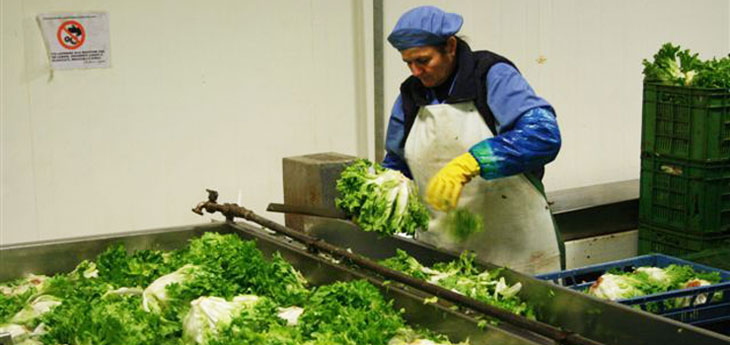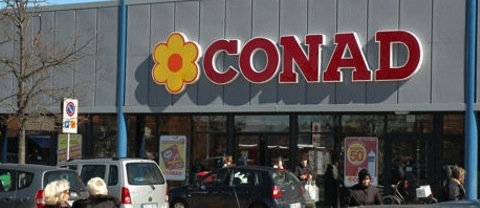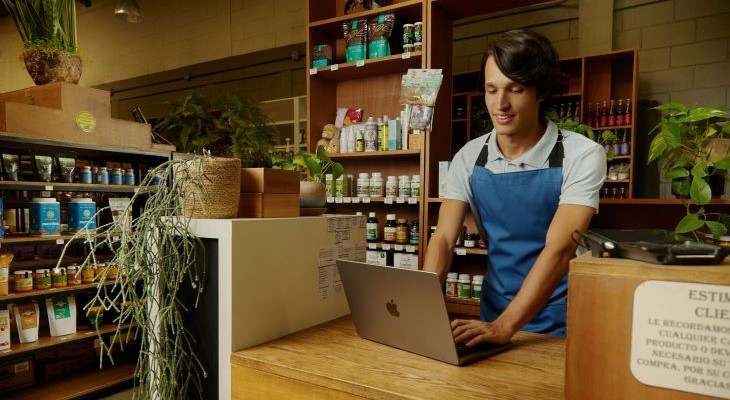Non solo nel fintech, la tecnologia blockchain e il trattamento dati sono oggi e saranno in futuro mezzi sempre più determinanti anche nel retail, per assicurare la trasparenza e il controllo dell filiera, dalla fabbrica al negozio, dal campo alla tavola. Per sfruttarne a pieno le potenzialità è nata la partnership tra DNV GL, fornitore di servizi di assurance e uno degli enti di certificazione leader a livello internazionale, e VeChain. pioniera nell’utilizzo della blockchain che controlla la principale piattaforma pubblica di blockchain per prodotti e informazioni. DNV GL adotterà progressivamente la blockchain per aiutare le imprese a rendere più trasparenti e tracciabili i loro prodotti, dalla fabbrica al consumatore finale.
Blockchain nel retail: più trasparenza lungo la supply chain
Oggi è cruciale per le aziende gestire complessità e rischi lungo la supply chain e al contempo garantire la conformità agli standard di settore e alle richieste degli stakeholder, in ambiti che vanno dalla qualità del prodotto alla responsabilità d’impresa. Ad esempio, un produttore del settore agroalimentare deve verificare di aver implementato processi in grado di gestire correttamente la sicurezza alimentare in tutte le fasi della filiera o un produttore di automobili deve garantire la sicurezza funzionale dei suoi veicoli.
Combinando il know-how di DNV GL con le principali applicazioni della tecnologia blockchain e utilizzando dispositivi IoT (Internet of Things) come sensori integrati nei prodotti, è possibile conoscere la storia, lo stato e le prestazioni di un prodotto e ottenere informazioni sulle modalità di produzione, su come è stato trasportato, come è stato conservato e lo stato di qualità in qualsiasi momento. Il livello di trasparenza e la quantità di informazioni raccolte lungo tutta la filiera consentiranno alle aziende un maggior controllo e un miglioramento dell’efficienza complessiva lungo tutta la supply chain.
I consumatori, dal canto loro. potranno verificare la sicurezza e la genuinità del prodotto che intendono acquistare. Per il consumatore sarà possibile controllare direttamente che il prodotto provenga da un produttore eticamente responsabile, che il cibo congelato sia stato trasportato in modo sicuro e alla temperatura corretta, che il bene di lusso sia originale e sarà anche possibile tracciare da quale grappolo d’uva proviene il vino.
«I dati stanno diventando un asset sempre più prezioso, e la partnership con VeChain consentirà alle nostre soluzioni digitali di soddisfare le mutevoli esigenze di un’economia fondata sui dati – ha affermato Luca Crisciotti, CEO di DNV GL – Business Assurance -. Sfruttando l’IoT e la tecnologia blockchain stiamo reinventando il processo di assurance. Il nostro concetto di Digital Assurance fornirà alle aziende e ai consumatori finali un grado di informazioni sul prodotto e sui fornitori senza precedenti, in misura e accuratezza mai stati possibili prima».
Queste nuove soluzioni saranno dedicate inizialmente al settore agroalimentare, al retail e alla moda. In un secondo tempo saranno rivolte ad altri settori, come quello automobilistico e aerospaziale.
«La blockchain ha molte applicazioni oltre al settore finanziario e sono lieto che DNV GL abbia riconosciuto l’impatto rivoluzionario che può portare nella gestione della supply chain – ha detto Sunny Lu, CEO di VeChain -. Mettiamo insieme servizi di assurance con la tecnologia blockchain per aiutare i clienti ad accrescere la credibilità dei propri prodotti sotto ogni aspetto: dalla qualità alla sicurezza, agli aspetti legati alle loro prestazioni».








